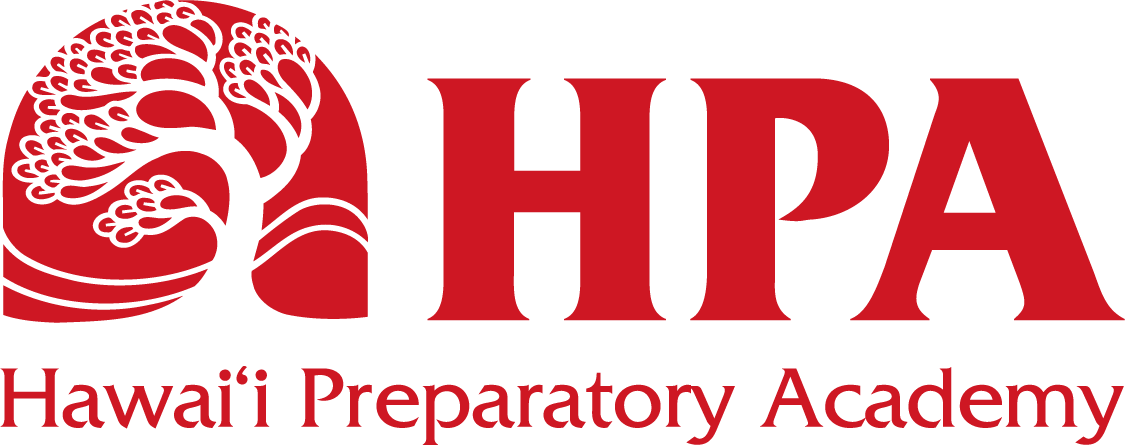Abstract
…
Milestones
Ideation (SEPT 10)
Exemplary Ideation marries passions and interests with growing technical and soft skills to turn an idea rooted in purpose and personal connection into a product of learning. This allows you to challenge yourself to ask questions that get at the why, what, and how of your capstone. In this phase you will:
- Gain empathy through content and experiential learning
- Conduct research
- Explore problems worth solving
- Draft a problem statement for your Capstone
https://docs.google.com/document/d/1RwIZcFEqih_nj1TQwzGbzqPfZ-16qRZWw6OhxE5ab5o/preview?authuser=0
Pitch (SEPT 28)
https://drive.google.com/file/d/1XzBpFdrGOCsI-QCgFouwXHb9V2PDkZ0M/preview?authuser=0https://docs.google.com/document/d/1ekABwXbTwYxpoQjN2dXaJOE2ZMgLvwU3ihywTTy-ZzA/preview?authuser=0
Exemplary pitches connect the what and how of your capstone with your personal why. The audience should understand why you are the person to solve the problem laid out in your pitch. In this phase you will:
- Ideate possible solutions
- Connect solutions to personal strengths and passions
- Present idea for feedback
Formal Proposal (OCT 15)
Exemplary proposals can systematically question and assess the validity and accuracy of information, share it in a consumable fashion, and detail the tools and skills needed. In this phase you will:
- Document your initial project idea
- Establish timelines for project development
- Identify constraints and resources needed to accomplish your project
https://docs.google.com/document/d/1ncXJS2kmt-pmOibZcjHOguJx5-o507WDMA5xMbyi5PA/preview?authuser=0
Demo/Prototype (NOV 23)
Exemplary prototypes’s test assumptions and create actionable information, they validate learning in real time, and provide constant feedback. In this phase you will:
- Quickly develop a tangible prototype
- Gather feedback
- Present your findings
Product Creation (MAR 9)
Exemplary product progress is driven by iteration as your product interacts with the world, leading to redesigning your scope and outcomes in a macro and micro scale based on realities both positive and negative. In this phase you will:
- Refine your prototype
- Develop a final product
Showcase (APR 25-29)
Exemplary presentations communicate how you have grown and gained insights into who you are and what you can do. In this phase you will:
- Present your Capstone work
- Share your product
- Engage in reflection through question and answer with an authentic audience
Legacy (APR 29)
Secure the continuum of your capstone product and journey by creating a white paper, Standard Operating Procedure, Training Manual, and/or digital artifact you are allowing rising seniors for decades to carry your capstone product and ideas forward. Here is where you lay the foundation to do so. In this phase you will:
- Create a white paper to document and capture your Capstone journey
- Propose future work
